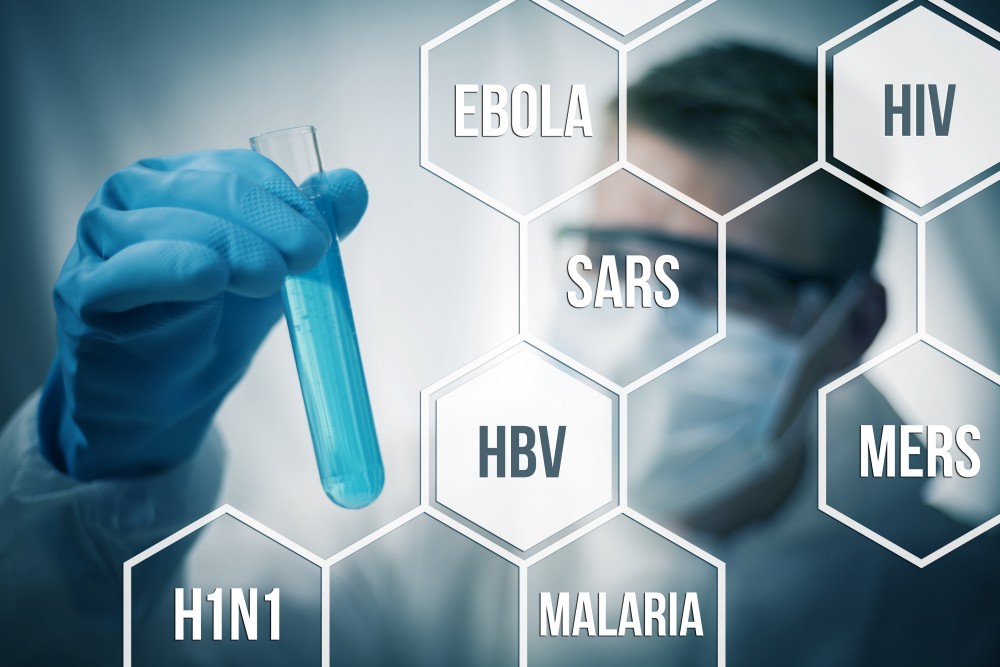
Waning U.S. federal and state funding for public health over the last 15 years has left many states ill-prepared to respond to acts of bioterrorism, infectious disease outbreaks and natural disasters, according to a recent report by Trust for America’s Health (TFAH).
The annual report, “Ready or Not? Protecting the Public’s Health from Diseases, Disasters and Bioterrorism,” considers 10 key indicators to gauge states’ public health preparedness. Twenty-five states scored five or lower, and just 19 states increased public health funding in the fiscal year ending in 2017. Federal public health funding, meanwhile, has been halved since 2002.
The report focuses on natural disasters and climate change-related events. However, various key indicators suggest that states are not adequately prepared for acts of bioterrorism or infectious disease outbreaks. And, while funding is a primary driver, lack of action in the public and private sectors have also contributed to the problem.
Children are among the most susceptible to bioterrorism attacks, Dr. Karen Remley, the CEO and President of the American Academy of Pediatrics, noted. Children have smaller bodies, are closer to the ground, breathe faster and have thinner skin. However, states’ countermeasures for children in particular are lagging.
“Medical countermeasures include vaccinations, antiviral medications and other medications that are used to treat the effects of a man-made disaster or infectious disease outbreak,” Remley said in a conference call introducing the release of the report. “However, many of these have only been approved for use in adults, or they lack an appropriate delivery device such as an auto-injector, or a liquid form that can be used to treat children by a first responder who is not likely to have any pediatric medical training.”
In addition to developing and procuring pediatric countermeasures, Remley said, having active state child vaccination programs is also critical to states’ response to acts of bioterrorism. But just 20 states have vaccinated more than half of residents older than six months, the report found.
“Educating parents about importance of vaccinations now can make a difference in the event of rapid vaccinations needed in the event of an infectious disease outbreak or a bioterrorism threat,” Remley added.
Isolation of individuals following acts of bioterrorism or infectious disease outbreaks plays a critical role in effective response. However, the TFAH report found that just eight states require businesses to offer paid sick leave, and just one in three workers get paid leave. That can complicate isolation orders and prevent early identification of infectious diseases.
During the H1N1 pandemic of 2009, for example, the Centers for Disease Control and Prevention estimates that 8 million infected workers who didn’t stay home infected an additional 7 million people. Without access to paid leave — or the ability to telecommute — workers will likely transmit infectious diseases to their co workers or customers who they come into contact with.
“We must support a culture of resilience so all communities are better prepared to cope with and recover from emergencies,” John Auerbach, the president and CEO of TFAH, said. “Particularly focusing on those who are most vulnerable, sometimes the aftermath of an emergency may be more harmful than the initial event. This must also include support for local organizations and small businesses to prepare for and respond to emergencies.”
Many states have not taken additional steps to strengthen their public health response capabilities. Thirty states have accredited public health departments, the report found.
“Accreditation is an important benchmark of a public health system capable of responding to a range of health threats, such as an identification and investigation of health hazards, educating the public, maintaining a competent workforce and serving as an expert resource,” the report said.
Additionally, just 26 states have entered into an enhanced Nurse Licensure Compact (NLC). NLCs allow registered nurses and licensed practical nurses to practice in other states that belong to the compact at any time. States can use NLCs to speed up response time in the event of a bioterrorism attack.
“While we’ve seen great public health preparedness advances, often at the state and community level, progress is continually stilted, halted and uneven,” Auerbach said. “As a nation, we — year after year — fail to fully support public health and preparedness. If we don’t improve our baseline funding and capabilities, we’ll continue to be caught completely off-guard when hurricanes, wildfires and infectious disease outbreaks hit.”




